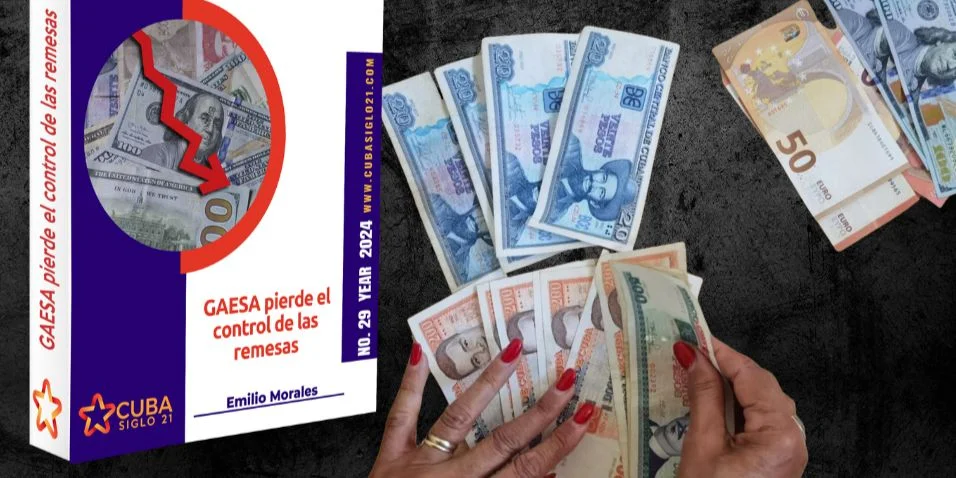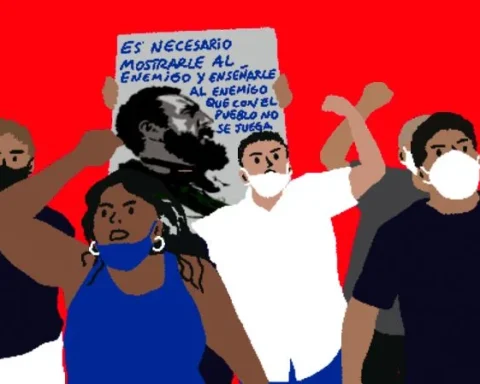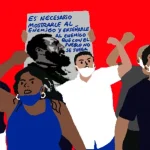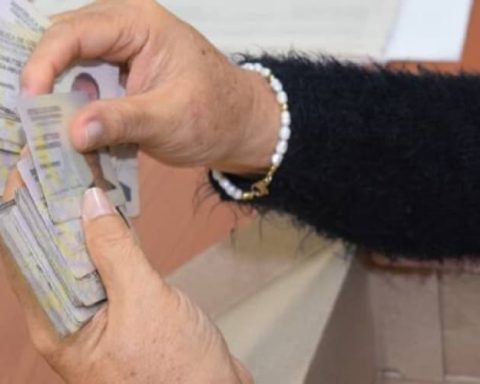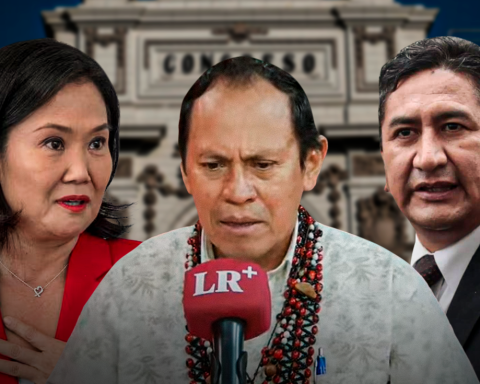MIAMI, United States. – The Business Administration Group of the Armed Forces (GAESA) has lost its dominance over the remittance market, as revealed by the dossier “GAESA loses control of remittances” published by the Cuba Siglo XXI ideas laboratory. According to these investigations, more than 95% of the flow of foreign currency sent from the Cuban diaspora has migrated to informal channels, causing a financial blow of 1,890 million dollars by the year 2024.
The loss of trust in entities controlled by the state military elite is the result of multiple factors. The report highlights that the Monetary Ordering Task contributed to triggering an inflationary crisis that eroded credibility in the national banking system. In addition, the sanctions imposed by the Donald Trump administration, directed at military companies such as FINCIMEX, made it difficult to use formal channels. Attempts to circumvent these restrictions by creating front entities, such as ORBIT, SAthey also failed.
According to the study, this change in the remittance scenario constitutes a “citizen financial rebellion”, driven by the operation of more than 150 “informal banks” that manage currencies with greater agility, reliability and better exchange rates. These alternative mechanisms have cornered traditional structures, marking “a before and after” in the economic dynamics between the Cuban diaspora and State institutions.
The current situation is aggravated by the past COVID-19 pandemic, the temporary closure of airports and the lack of significant increase in shipments since the massive migratory wave that occurred between 2020 and 2023. Contrary to expectations, the new emigrants prioritized family reunification, which limited the volume of remittances to the Island.
The Cuba Siglo XXI investigation concludes that this transformation is irreversible in the short and medium term, reflecting a strong erosion of GAESA’s economic power. The military conglomerate, which for decades monopolized the inflow of foreign currency, now sees its ability to sustain other key sectors, face internal and external obstacles, and contain corruption and repression against these informal networks threatened.
“The loss of control of remittances highlights the fragility of the Cuban financial system and the erosion of its militarized governance. While the informal economy grows, GAESA strategies, such as parcel trade and hotel construction, face internal and external obstacles,” indicates Cuba Siglo XXI.
Likewise, the think tank considers that “corruption within the regime and repressive tactics against informal competitors reflect a system that is struggling to maintain its survival, but that appears to be on the verge of definitive collapse.”
Finally, Cuba Siglo XXI concludes that “the collapse of GAESA’s monopoly on remittances is not only a financial blow, but an indicator of the deep structural crisis facing the Cuban regime.”
